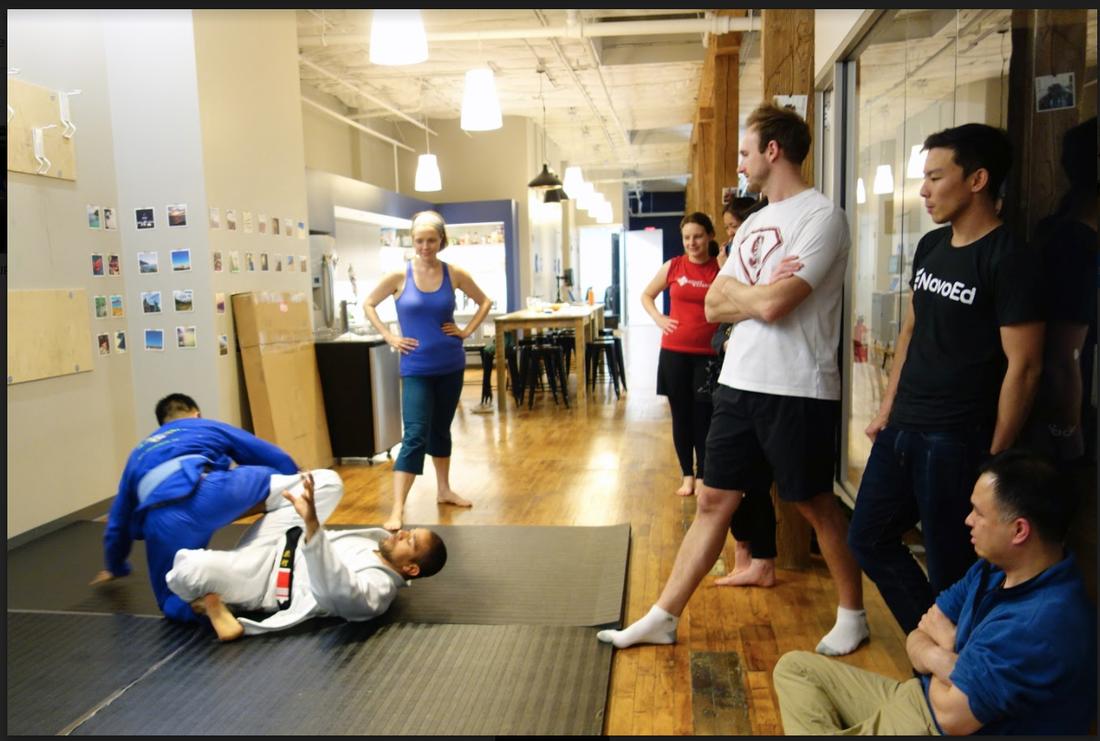
SROE outlines, among other laws in military legislation, the principle of military defense as an extension for unit self defense. The ICRC Commentary on Additional Protocols also mentions the concept of self defense. You can read our articles to learn more about the legality and legality for military self defense. We will cover the basics as well as answer common questions. Find out what the limitations are of military self defence. Then you will be well prepared to defend yourself.
SROE describes self-defense as an extension on unit self defense
The SROE, which are the standard rules and regulations of engagement, defines military or nation self-defense to be an extension of unit-based Self-defense. The purpose of the SROE was to provide guidance to commanders in the exercise of national self-defense outside of armed conflict, but the concept of national self-defense has been confused with the concept of individual self-defense under criminal law. This change coincided with the US entering several non-international armed conflicts, leaving the US military with an unclear and often conflicting self-defense landscape.
A person displaying hostile intent is considered a threat under the SROE. For self-defense to work, a threat does NOT have to be immediate. Unlike criminal legislation, the SROE uses a set of common definitions to define national, unit, and personal self-defense. The SROE also identifies the triggering threat as a hostile act or demonstration of hostile intent.

ICRC Commentary on the Additional Protocols mentions self defense
The ICRC Commentary to this Additional Protocol states that any person involved in hostilities must provide humane treatment to all civilians it has custody, even the wounded. The article forbids the use or threat of force against civilians. Hostages and prisoners of war must be treated according to the same standards. The article also stipulates that any attack on civilians must not be excessive. In other words, collateral damage and injury must not exceed the expected concrete and immediate military benefit. Additionally, all targeting must be justified by reasonable expectations of civilian safety.
Articles of the Additional Protocols refer to civilian-protection provisions in a broader sense. These provisions are applicable to structures like bridges, power plants and chemical factories. Some structures may be civilian-protected. A civilian-protected building may be an example of a civilian-defense measure, despite the fact that the ICRC Commentary to the Additional Protocols does not mention its application in this context.
ICRC Commentary
An Interpretive Guidance has been released by the ICRC about military self defence. It will determine the nature of a border-crossing conflict based on whether the territorial states "consents" or not to the use and abuse of force. This Commentary however, also exposes a flaw. It is not legally binding. Only state agreements and practices can create a binding law. The ICRC and its specialists have made Interpretive Guidance possible. It is a normative paradigm describing how to approach situations like these.

The ICRC initially believed that an armed attack against civilians on the territory a state's territory does not necessarily amount to an act of war. However, the Commentary now concludes that the 1958 interpretation was too narrow. It does not require a state to intervene during a conflict. The IAC does not allow for military action against civilians. But the ICRC believes that an armed conflict exists when one state uses force against another, and that armed force is necessary to protect civilians.
FAQ
Do I have the obligation to exercise every day or just on occasion?
No! You should do at least 30 mins of moderate-intensity activity 5 days per week. It means you need to exercise hard enough or walk fast enough that you are slightly out-of- breath.
How To Build Muscles Fast?
Eating healthy foods and lifting weights regularly is the best way to build muscle fast.
When you're fresh and ready to do something, early morning is the best time for working out.
Exercises such as push-ups and bench presses are good options.
Try different weight training routines, and don't forget to drink plenty of water throughout the day.
What does milk do for men?
Think about other uses for milk next time you purchase it. You may also benefit from consuming less coffee.
Both children and adults have been shown to benefit from milk. Milk contains nutrients like vitamin D. Calcium, potassium, phosphorous, magnesium, and other essential nutrients.
It is also good for digestion and bone strength. Adults who consume dairy products tend to have fewer illnesses and better immune systems.
Lactose is also a major component of milk, so those who are unable to digest it easily can still enjoy the benefits of this sugar without having stomach problems.
Instead of drinking soda or juice, drink more milk. The extra calcium and vitamin D found in milk can help strengthen your teeth and bones.
You can make yogurt with plain low-fat milk if you don't love the taste of milk. Yogurt has lower calories and is richer in protein than milk.
Yogurt also contains probiotics which improve digestion and immunity.
Warm milk can help you sleep better if you have trouble falling asleep. Warm milk relaxes muscles, increases serotonin levels and helps you get a good night of sleep.
How quickly can I transform my body?
The first step is to change your mind. You must first decide to change.
Once you decide that you want to change, it is time to set a minimum of 3 months' commitment to your fitness goals.
Then you need to find a program that fits into your lifestyle.
Setting realistic expectations is also essential. You shouldn't waste money on a gym membership that doesn't allow you to put in the effort and time required to reach your goals.
Instead, use your own free time to exercise outdoors.
Walking around the block for an hour per day will help you lose 1 lb in a week.
Once you know what your plan is, it's time to start organizing your life in accordance with this plan.
This includes making sure that you schedule a time to work out every morning before leaving for work and take breaks throughout the day to move.
Finally, you should reward yourself when you reach milestones. This could include buying clothes or accessories that reflect your success.
What is a good seven-day workout routine?
Three days per week should be spent on cardiovascular training, including running, biking, swimming, and two strength exercises using free weights, weight machine, as well as one flexibility/core exercise such as yoga, Pilates. Each activity must be completed at least once per week. The total time for each session should not exceed 45 minutes.
Cardiovascular Exercises: Running, biking, swimming
Aim to do at least 60 minutes per week of cardio. Try to do 75 minutes per semaine for the best results. Cardio exercises can help improve blood flow and stimulate muscle growth.
Strength Training
Cardio exercises work on the heart and lungs. Strength training works on the muscles and bones. Strength training increases lean muscle mass and helps to burn calories even at rest.
Flexibility and core workouts
Core and flexibility exercises are great ways of strengthening your whole body. Both yoga and Pilates can be great choices.
Statistics
- The PRS enabled risk stratification for overall prostate cancer and lethal disease with a four-fold difference between men in the highest and lowest quartiles (HR, 4.32; 95% confidence interval [CI], 3.16-5.89). (pubmed.ncbi.nlm.nih.gov)
- Candidates and applicants must pass all four tests at 70% (minimum level) to graduate from Basic Deputy U.S. Marshal (BDUSM) Training. (usmarshals.gov)
- Cardmembers earn 5% Back at Amazon.com with a Prime Credit Card. (amazon.com)
- According to the American Heart Association, blood pressure should be checked at least once every two years, beginning at age 20. (my.clevelandclinic.org)
- By John Thompson Take a whopping 38% off a set of PowerBlock Pros. (menshealth.com)
External Links
How To
What should you eat before you go to work?
You need to eat less calories than you burn while exercising in order to lose weight. You also need to consume all your nutrients.
These include protein, carbohydrates and fats as well as vitamins.
You can do this by eating smaller meals throughout your day instead of three large ones.
If you are too hungry when working out, you might not perform as well as if you had appropriately eaten beforehand.
Consider drinking water rather than sugary energy drinks. This will keep you hydrated, and your energy levels high.
However, make sure you are consuming enough fluids. You could lose electrolytes if you drink too much water.
For proper functioning, the body requires electrolytes.
If you don’t have any access to water, sports drinks might be a good option. They are high in potassium, sodium, calcium, magnesium and other minerals.
These help replenish electrolytes lost through sweating. However, these won't replace any electrolytes that you might have lost from sweating.
You can take multivitamin pills if you are concerned about salt loss during exercise.
These products contain more vitamin B6, which regulates the level of sodium in the body.
Supplements shouldn't be used if you don’t know how much salt is in food and beverages.
They are not subject to regulation by the Food and Drug Administration.
Certain brands of sports drinks might contain more sodium than others.
Some sports drinks might contain artificial sweeteners, preservatives, or both. These can cause problems with the digestive system.
You could use sea salt if you are concerned about taking too much salt.
It contains less chemicals than table sodium.
Sea salt is low in iodine as another mineral necessary for healthy thyroid function.